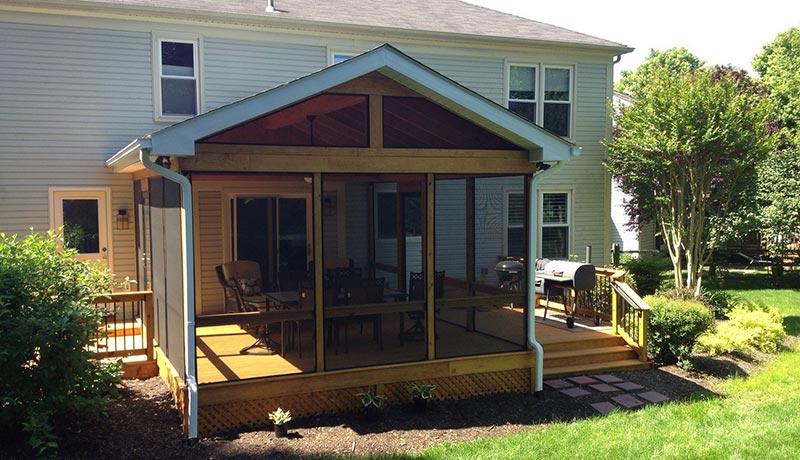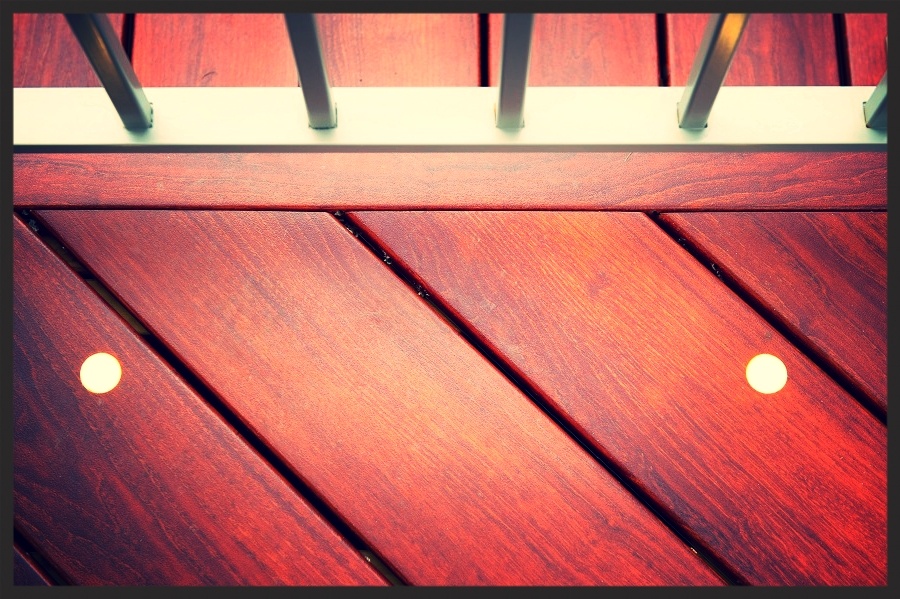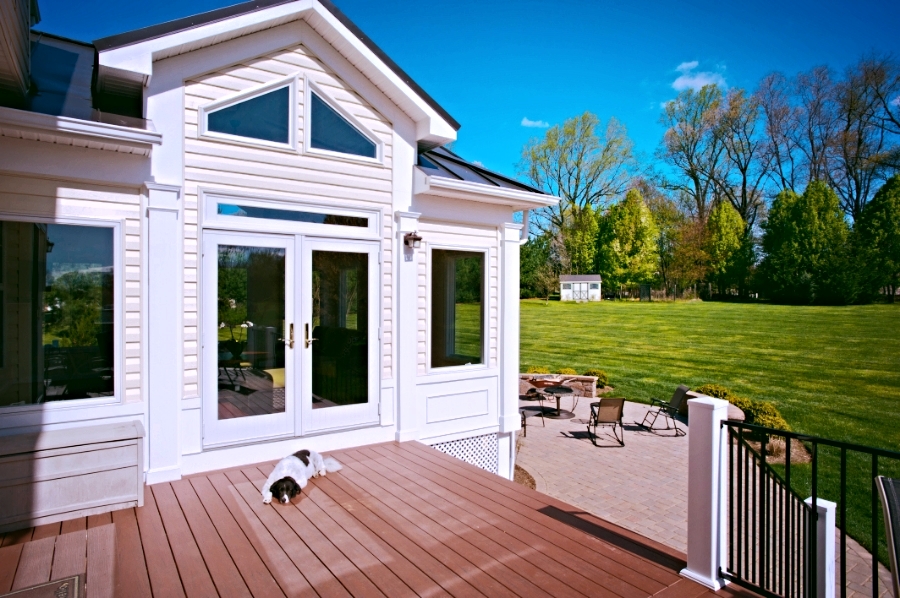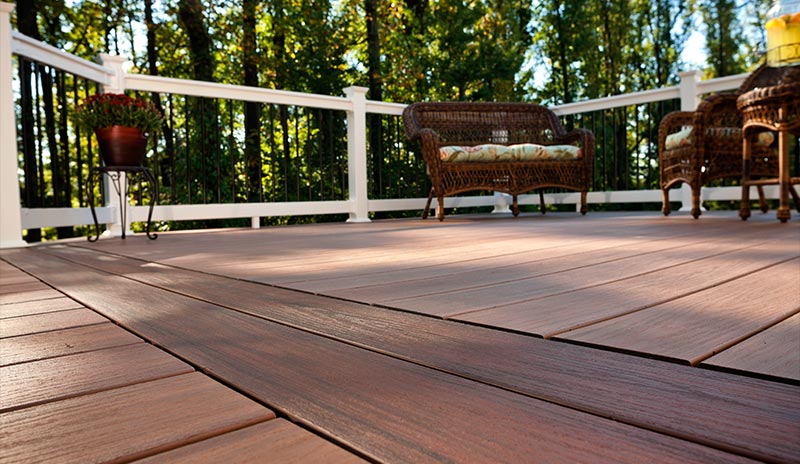
Wood Decks Are a Great Option When it Comes to Resale Value for Your House
If you’re looking to remodel something or add a feature to your home in the hopes of increasing your resell value, you probably have lots of ideas. Maybe you want to add a family room. Or put in an additional bathroom. Or even get a new roof because the current one is really showing its age.
These aren’t bad ideas, and many of them provide a decent return-on-investment, but there’s another option that you should consider: buying a wood deck. Decks in general are pretty good investments, with composite decks showing a 74% return rate, but wood decks are resell superstars. How much do people get back on average? Wood decks provide 87% rate of return on your investment.
Where home remodels and renovations are concerned, that kind of ROI is practically unheard of. So why is it that people are able to get back such a high percentage of what they put into wood decks? There are a number of reasons.
1. Wood decks are a lower up-front cost. This is probably the biggest and most straightforward reason why you’re so likely to see such a high return. A typical wood deck will run you just under $10,000. Contrast that with the price tag of a family room with the same square footage: over $80,000. When prices are lower, you have a better chance of earning closer to the full value back.
2. It’s the deck people expect. When someone tells you that a house has a deck, chances are good that the first image that pops into your head is of a standard wooden deck. It probably has been stained, but not painted, and it’s likely that there are stairs. Maybe it’s relatively close to the ground, or maybe it hovers over a basement entrance into the house. Why is this important? Because if you opt for a synthetic deck that goes against what people are imagining, it is possible that they will be turned off simply because you thwarted their expectations. In short, because wood decks are “safe,” people tend to be more accepting of them and willing to pay for them.
3. Wood decks can easily be updated. “Plain Jane” hardwood can be easily changed so that it appeals to all kinds of people. If they’re not a fan of the color, they can repaint it. If they’re thinking about getting a hot tub, wood decks are compatible. In contrast, if you opt for a synthetic decking material you are more likely to be locking yourself into more limited options in terms of what you can do. Some synthetics can’t handle being near water, aren’t able to be repainted, or come with other limitations as far as malleability is concerned.
Keep in Mind That Location and Simplicity are Key
Both the costs mentioned above and your likely return on investment are national averages that will vary based on where you live and what the climate is like. Those residing in temperate climates where the deck is likely to receive more use can expect to get a better return on investment, generally speaking, but they will also likely pay more up front for the deck. People living in colder climates will probably pay less, but will also get a lower percentage of their investment back.
The biggest thing to keep in mind where resale value is concerned is that simpler is better. You can spend tens of thousands to customize your deck to your unique desires, but that doesn’t necessarily mean that it will be more valuable to someone else who has preferences that differ. In fact, unless you just happen to find a buyer who shares your aesthetic tastes, you may find that your return on investment is much lower than you expected. When you want mass appeal, simple wooden decks work best.







